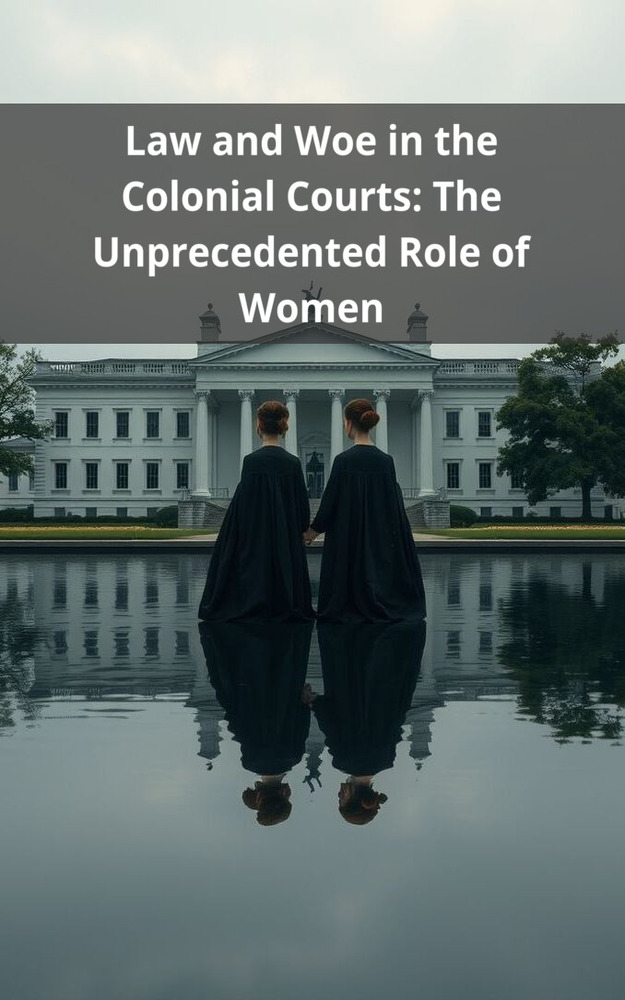Description
From the colonial era to the modern age, women have navigated the complexities of the legal arena, leaving behind a legacy of resilience, determination, and transformative change. This book explores the ways in which women have asserted their rights, challenged conventions, and pushed boundaries, ultimately expanding the horizons of justice and equality for all.
In the colonial era, women faced significant legal constraints and societal expectations that limited their opportunities. Yet, even in this restrictive environment, we find examples of women who dared to defy conventions and carve out spaces for themselves within the legal system. From Anne Hutchinson, who challenged religious authorities in Puritan New England, to Elizabeth Freeman, who successfully sued for her freedom from slavery in Massachusetts, these early pioneers paved the way for future generations of women to demand justice and equality.
As we move through the centuries, we witness the gradual expansion of women’s legal rights. The 19th century brought about landmark achievements, including the Seneca Falls Convention of 1848, which issued a Declaration of Sentiments calling for equal rights for women, and the passage of the Married Women’s Property Act in New York in 1848, which granted women the right to own and control their own property.
The struggle for suffrage, the right to vote, became a defining battleground for the women’s rights movement. Through tireless activism and unwavering determination, suffragists such as Susan B. Anthony, Elizabeth Cady Stanton, and Sojourner Truth fought for decades to secure this fundamental right for women. Their efforts culminated in the ratification of the 19th Amendment to the U.S. Constitution in 1920, which finally granted women the right to vote.
In the 20th century, women continued to break down barriers and make significant strides in the legal arena. They entered law schools and legal professions in increasing numbers, challenging traditional gender roles and stereotypes. Landmark cases such as Roe v. Wade in 1973, which legalized abortion, and the passage of the Equal Pay Act in 1963, which prohibited wage discrimination based on sex, further advanced women’s rights and paved the way for greater economic and social equality.
Law and Woe in the Colonial Courts: The Unprecedented Role of Women serves as a testament to the remarkable journey that women have undertaken in their pursuit of justice and equality under the law. It is a story of resilience, determination, and transformative change. It is a story that is still being written, as women continue to push boundaries and advocate for a more just and equitable world for all.
If you like this book, write a review!
Language : English
Dimensions : 6 x 9 inches
Pages : 204 pages
Pasquale De Marco stands as a prolific author whose literary prowess knows no bounds. With a passion for storytelling that transcends genres, he has made a name for himself as a versatile writer with the extraordinary ability to captivate readers across diverse literary landscapes. His journey as an author is marked by an insatiable curiosity, a love for the written word, and a relentless commitment to sharing knowledge and experiences with the world.
Pasquale De Marco collaborates with a dedicated team of ghostreaders who assist him in evaluating and editing the manuscripts. His collaborators are not only skilled professionals but also avid readers who purchase and read books as a personal hobby. This unique blend of creativity allows Pasquale to push the boundaries of traditional publishing, making literature more accessible and diverse.






Reviews
There are no reviews yet